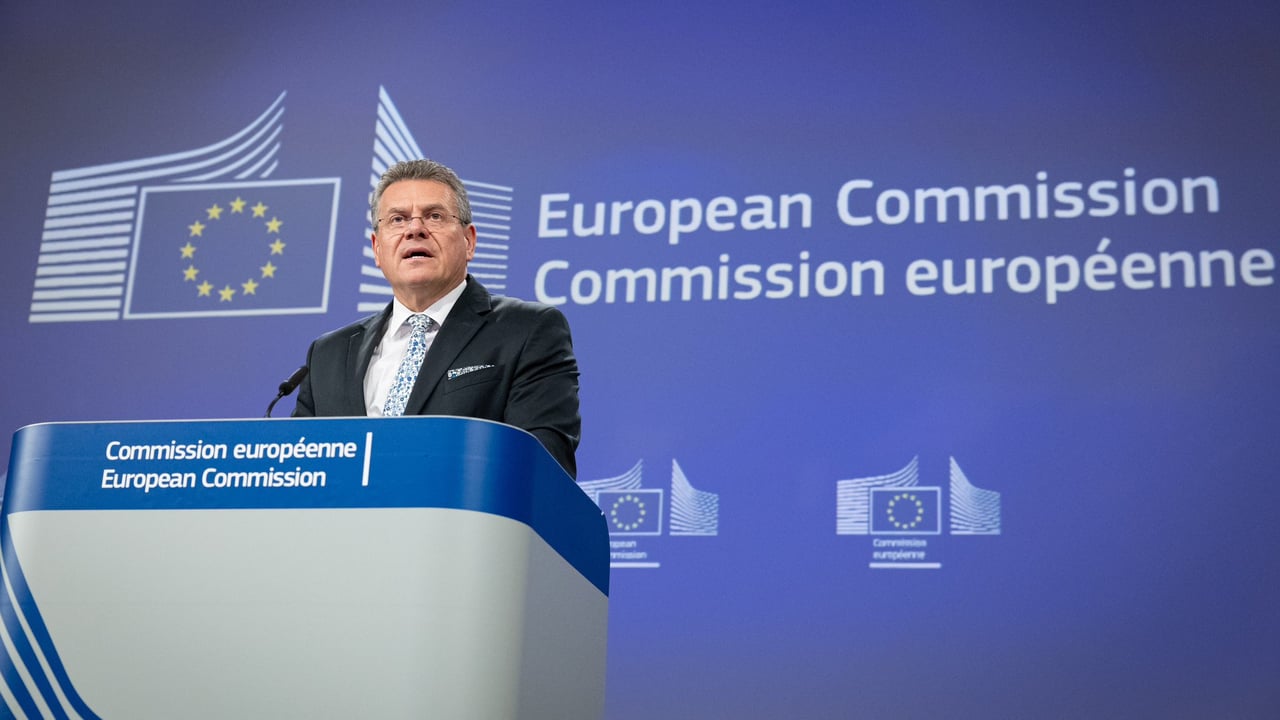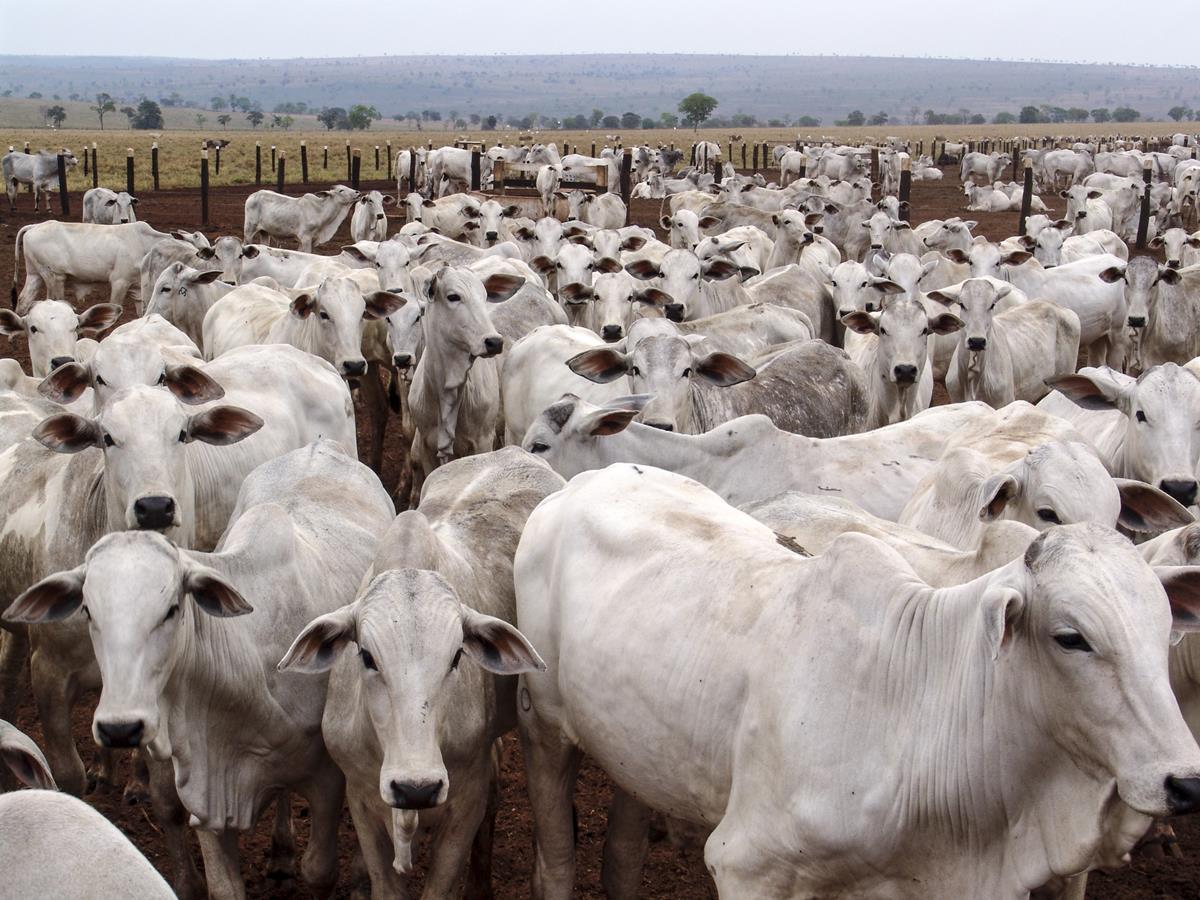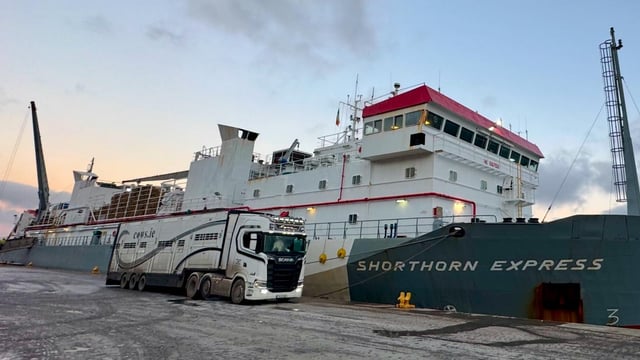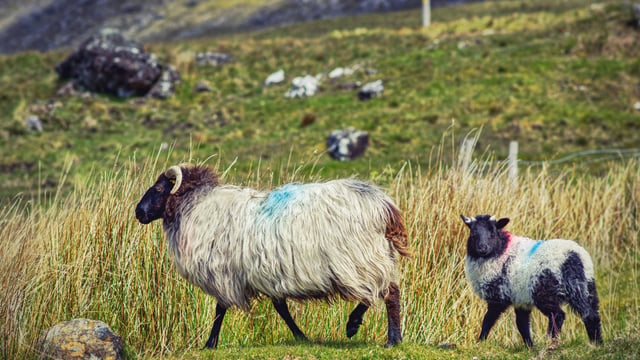Commissioner: Mercosur deal is a 'win-win'
The EU-Mercosur trade agreement is a “win win” deal that paves the way for new export opportunities for EU companies and will boost the bloc’s economic security and sustainability commitments.
That’s according to the EU Trade Commissioner Maros Sefcovic who was speaking before the European Parliament’s Committee for International Trade (INTA) today (Thursday, January 16).
Final negotiations on the deal between the EU and the Mercosur countries of Argentina, Brazil, Paraguay and Uruguay were reached last December.
But the agreement still faces scrutiny by the European Parliament and EU countries. This morning, Commissioner Sefcovic said the deal offers “a unique opportunity to create a market of over seven hundred million consumers”.
EU News Radio has reported that the commissioner said: "The agreement will enhance competitiveness for EU businesses.
"The reduction of Mercosur's high tariffs will significantly boost the competitiveness of the EU companies in Mercosur markets opening up new opportunities across diverse sectors and enabling EU exporters to save over €4 billion annually in customs duties.
"This is the biggest agreement ever concluded by the EU. It's four times bigger than the one concluded with Japan."
The commissioner also told the committee that the partnership agreement “considerably” improves market access for many EU agri-food products in a market of two hundred and eighty million consumers.
"Currently EU agri-food exports face tariffs ranging from 10-35% in Mercosur countries. The partnership agreement will eliminate or reduce high duties for key EU agri-food exports including wine and spirits, olive oil and malt chocolate," he added.
"In addition, the partnership agreement will provide for zero duty TRQ [tariff rate quotas] for sizeable volumes of several dairy products such as cheese, milk powder and infant food.
"349 EU geographical indications will be protected in the Mercosur countries, which makes this agreement the most comprehensive agreement ever negotiated for protecting European food and drinks," the commissioner said.
The commissioner added that the concerns of EU farmers about the Mercosur trade agreement were taken "very seriously" when the deal was being negotiated.
"I'm fully aware that EU farmers are concerned about the potential impact of this partnership agreement on certain agricultural sectors which are already confronted with difficulties," he continued.
"Let me assure you that the commission took these concerns very seriously in negotiating the partnership agreement; this is why the EU cautiously negotiated clear limits to the requests by Mercosur to open our beef, poultry and sugar markets.
"The cumulative impact effects originating from other free trade agreements were also taken into account when deciding on the volumes of the quotas to be offered to Mercosur."
The commission added that he believes that the Mercosur beef imports, as part of the trade deal, are within "reasonable limits".
"The quota of 99,000t actually amounts to half of the volumes that are already being imported now from Mercosur," he said.
"This quota, with a reduced tariff rate of 7.5%, will be phased in over a period of seven years.
"This is the famous 'one steak per EU citizen per year' quoted in the [media] which will enjoy preferential access once the EU Mercosur partnership agreement will fully enter into force.
"Furthermore, this quota is divided into frozen - I'm talking about 45% here - and fresh meat, 55%, and as you know, frozen meat does not target the premium market, but rather, it is destined to be transformed," he stated.
Last month, the European Commission president, Ursula von der Leyen and her counterparts from four South American countries finalised negotiations for a trade deal between the EU and Mercosur countries.
The controversial trade agreement would allow an additional 99,000t of beef enter the EU tariff-free from Mercosur countries Brazil, Argentina, Paraguay, Uruguay and Bolivia.
The political agreement will open up the EU market to goods from Mercosur, but limits imports from those countries of “sensitive agricultural products” such as beef, ethanol, pork, honey, sugar and poultry.
The proposed EU-Mercosur agreement is composed of a political and cooperation pillar, and a trade pillar.
Ireland imported over 740,000t of grain for use in animal feed from Mercosur countries in 2023, according to the Department of Agriculture, Food and the Marine (DAFM).
Also last month, Minister for Enterprise Trade and Employment, Peter Burke met with Commissioner Sefcovic to discuss priority trade issues for Ireland such the Mercosur trade deal.
Concerns over the controversial trade deal topped the minister’s agenda for the meeting, which resulted in agreement for a delegation to visit Ireland.






